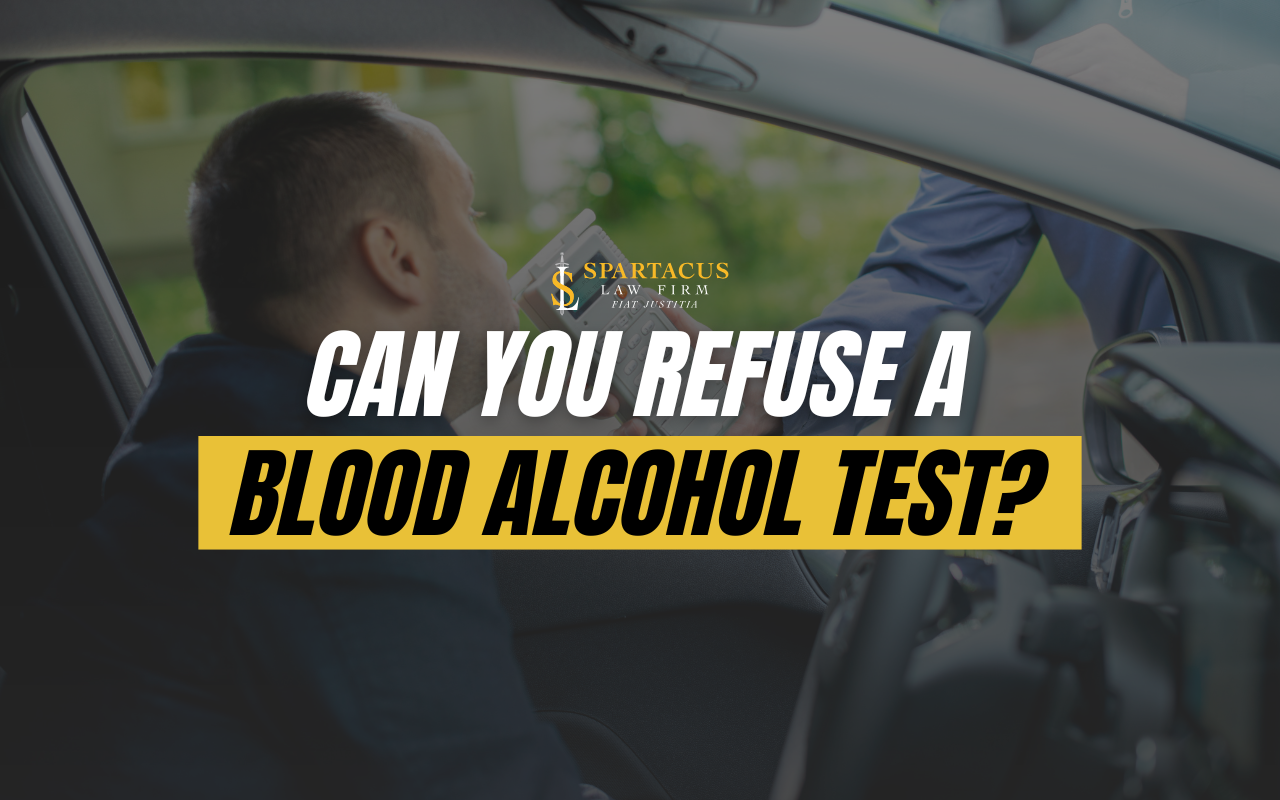Driving under the influence (DUI) remains a significant issue in the United States, contributing to a substantial number of accidents, injuries, and fatalities each year. While efforts to combat DUI have made progress, disparities still exist across different racial and ethnic groups. At Spartacus Law Firm, we believe it is crucial to understand these disparities to address the root causes effectively and ensure equitable treatment for all individuals.
This blog post will explore DUI statistics by race and ethnicity, drawing insights from a comprehensive study on the subject. We’ll discuss the findings, uncover potential reasons behind the disparities, and offer recommendations for addressing these issues.
Understanding DUI Statistics by Race and Ethnicity
A recent study published in the Journal of Behavioral Health Services & Research examined racial and ethnic disparities in post-treatment arrests for DUI among clients receiving outpatient treatment for alcohol use disorder (AUD). The study’s sample included adults with an AUD entering publicly funded outpatient treatment in Washington State in 2012. The researchers linked treatment data with criminal justice and U.S. Census data to answer two critical questions:
- Are there racial/ethnic differences in the likelihood of post-treatment DUI arrest?
- Are community characteristics associated with a post-treatment DUI arrest?
Key Findings
The study found significant disparities in DUI arrest rates among different racial and ethnic groups. Here are some of the key findings:
Here are some statistics on driving under the influence (DUI) by race:
- In 2016, 82% of people arrested for a DUI were White, 23% were Latino, 14% were Black, and 2% were American Indian
- Self-reported rates: White men, Native American/Native Alaskan men, and men of mixed race had the highest self-reported rates of DUI in 2005
- 12-month arrest rates: Men of mixed race and Native American/Native Alaskan men had the highest 12-month arrest rates for DUI in 2005
- According to a UC Davis study, Latino and Hispanic men were up to 66% more likely to be convicted of a DUI than White men in California
- According to the Hispanic Americans Baseline Alcohol Survey, Mexican American men had the highest rates of DUI and lifetime arrest, followed by South/Central Americans, Puerto Ricans, and Cuban Americans
- According to the NHTSA, Native American and White drivers are consistently among those most at risk for alcohol-impaired driving, while Asians are among the least vulnerable
- Latino clients had higher hazards of a DUI arrest post-treatment admission compared to White clients. The study suggests that Latinos may enter treatment with greater symptom severity, leading to worse outcomes.
- Clients residing in communities with a higher proportion of Black residents also had higher hazards of a DUI arrest post-treatment. This finding indicates that community characteristics play a crucial role in DUI arrest outcomes.
- While American Indian clients showed higher risks of any arrest compared to Whites, the study did not find significant differences in DUI arrest rates specifically.
- White clients had lower hazards of a DUI arrest compared to other racial and ethnic groups.
Community Characteristics
The study also highlighted the importance of community-level factors in shaping DUI arrest outcomes. Clients living in economically disadvantaged communities or communities with a higher proportion of Black residents experienced more negative consequences related to alcohol use, including higher DUI arrest rates. These findings underscore the need to consider both individual and community characteristics when addressing DUI disparities.
Potential Reasons Behind the Disparities
Several factors could contribute to the observed disparities in DUI arrest rates among different racial and ethnic groups:
Access to Treatment
Racial and ethnic minority groups often face barriers to accessing substance use treatment. For example, Latinos are less likely to access treatment compared to Whites, and they may travel farther to attend treatment in settings with services offered in Spanish. These barriers can lead to early drop-out and poorer outcomes for minority clients.
Treatment Quality and Cultural Responsiveness
The quality of treatment services can vary significantly across different communities. Culturally responsive care has been shown to improve treatment retention and outcomes, but not all treatment settings offer such services. Minority clients may not receive the tailored care they need, leading to worse post-treatment outcomes.
Policing Practices
Racial and ethnic disparities in law enforcement practices can also contribute to the observed differences in DUI arrest rates. Studies have shown that Black and Latino drivers are more likely to be stopped, ticketed, and arrested for traffic violations compared to White drivers. Increased police presence in minority communities can further exacerbate these disparities.
Community Environment
The community environment plays a crucial role in shaping individual behavior and treatment outcomes. Communities with a higher concentration of alcohol outlets and advertising, as well as limited access to treatment services, can negatively impact residents’ alcohol use behavior and increase the risk of DUI arrests.
Addressing DUI Disparities
To address the disparities in DUI arrest rates among different racial and ethnic groups, policymakers and stakeholders must take a multifaceted approach:
Improve Access to Treatment
Efforts should be made to increase access to substance use treatment services for minority groups. This includes expanding the availability of culturally responsive care and reducing barriers to treatment, such as transportation and language services.
Enhance Treatment Quality
Treatment providers should implement evidence-based practices and tailor their services to meet the unique needs of minority clients. Providing culturally competent care can improve treatment retention and outcomes, reducing the risk of post-treatment DUI arrests.
Reform Policing Practices
Law enforcement agencies should adopt equitable policing practices to ensure that all individuals are treated fairly. This includes addressing racial profiling and implementing measures to reduce disparities in traffic stops, citations, and arrests.
Strengthen Community Support
Communities should work together to create supportive environments that promote healthy behaviors and reduce the risk of alcohol-related harm. This includes regulating the density of alcohol outlets, increasing public awareness of alcohol-related risks, and providing resources for prevention and treatment.
Facing A DUI Charge? Contact Spartacus Law Firm
Understanding the disparities in DUI arrest rates by race and ethnicity is essential for addressing the root causes of these issues and ensuring equitable treatment for all individuals. By improving access to treatment, enhancing treatment quality, reforming policing practices, and strengthening community support, we can work towards reducing DUI disparities and promoting healthier communities.
At Spartacus Law Firm, we are committed to advocating for fair and just treatment for all individuals. If you or a loved one is facing DUI charges, our experienced team of attorneys is here to help. Contact us today to learn more about your legal options and how we can support you.






